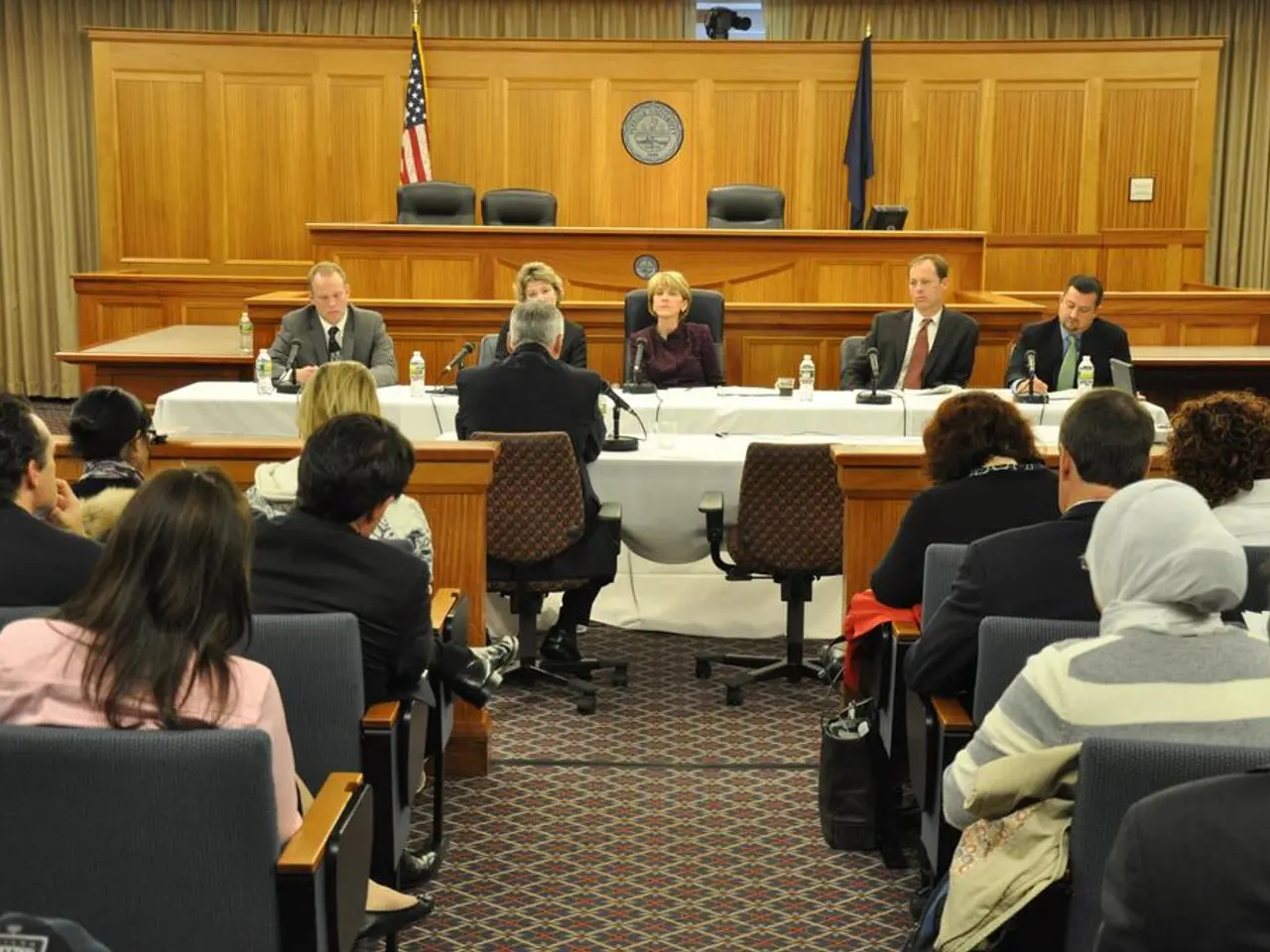The Parliament of Europe
The European Parliament (EP) has convened for its tenth legislative period following the European elections in June 2024. With 96 seats, Germany holds the most representation among EU member states in this representative body of the European Union's citizens.
The EP was established in 1952 as the Common Assembly of the European Coal and Steel Community. Over the years, it has evolved into a vital institution, working closely with the European External Action Service within its competencies.
Germany's 96 MEPs are distributed across 15 political parties. The Christian Democratic Union (CDU) and its sister party, the Christian Social Union (CSU), collectively known as the Union, hold the most representatives, with 23 and 6 MEPs respectively. The Progressive Alliance of Socialists and Democrats, The Greens/European Free Alliance, and the European People's Party are among the other significant political groups in the EP.
In preparation for plenary sessions, MEPs work in 24 committees, where they deliberate on various legislative proposals and democratic control over other EU institutions. Among its main tasks are legislating, adopting the EU budget, and electing the President of the European Commission.
The official seat of the EP is Strasbourg, where plenary sessions are held at least once a month. However, the EP also works in Brussels and Luxembourg. In addition, the European Parliament's Liaison Office is located in Germany.
The Maltese MEP Roberta Metsola serves as the President of the European Parliament, leading this diverse body of representatives who directly represent the citizens of the European Union. Most of its 720 members belong to one of the eight political groups: European People's Party, Progressive Alliance of Socialists and Democrats, Patriots for Europe, European Conservatives and Reformists, Renew Europe, The Greens/European Free Alliance, European United Left/Nordic Green Left, and Europe of Nations and Freedom.
As the European Parliament embarks on its new legislative period, it continues to play a crucial role in shaping the future of the European Union. With its members working tirelessly in committees and engaging in debates on the floor, the EP strives to ensure that the voice of the European citizens is heard and their interests are upheld.
Read also:
- United States tariffs pose a threat to India, necessitating the recruitment of adept negotiators or strategists, similar to those who had influenced Trump's decisions.
- Weekly happenings in the German Federal Parliament (Bundestag)
- Southwest region's most popular posts, accompanied by an inquiry:
- Discussion between Putin and Trump in Alaska could potentially overshadow Ukraine's concerns






